


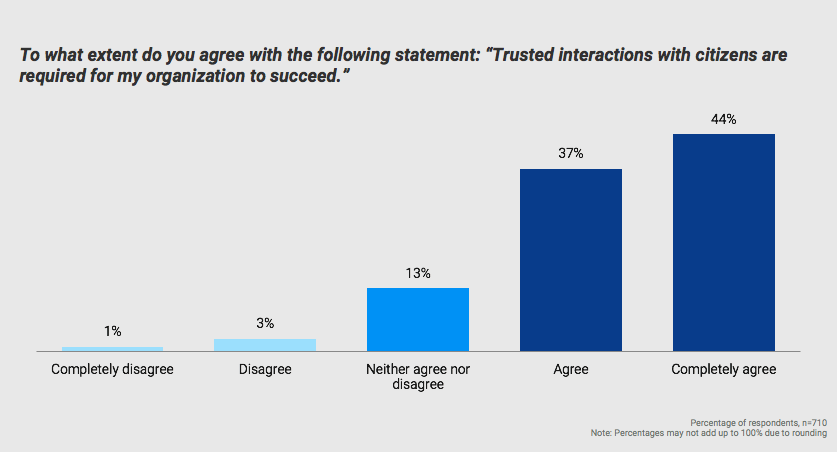
.png)
Rankings and total scores are displayed here using the Borda count method, where each answer choice earns points based on the order in which respondents placed them. Each respondent’s top answer choice receives the maximum score of n points for that respondent, where n is equal to the total number of options. Each subsequent choice receives 1 less point than the one ranked ahead of it. Unranked answer choices receive zero points.
.png)
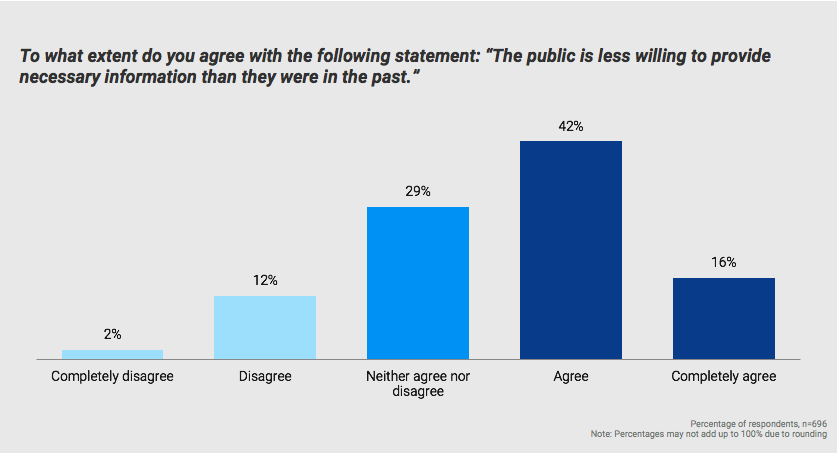
.png)
.png)
.png)
.png)


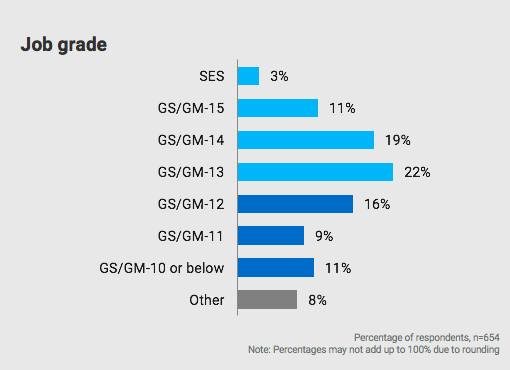
“Other” includes those employed under other pay scales or ranking systems (e.g., Military, Foreign Service, Federal Wage System, Executive Schedule, etc.)
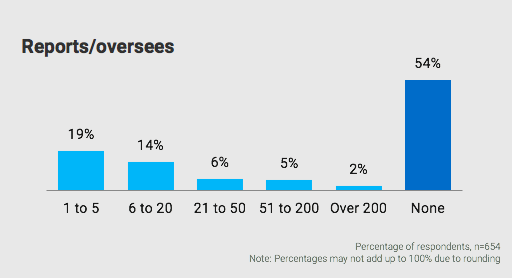
46% of respondents are supervisors who oversee at least one employee, either directly or through direct reports.
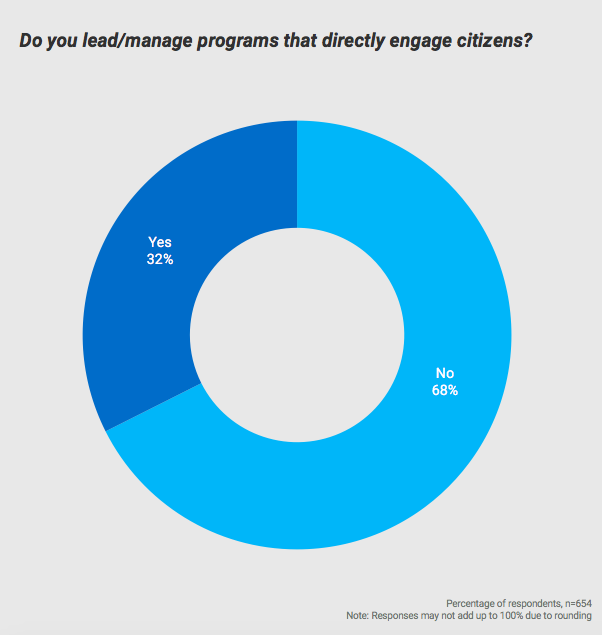
32% of respondents lead/manage programs that directly engage citizens.
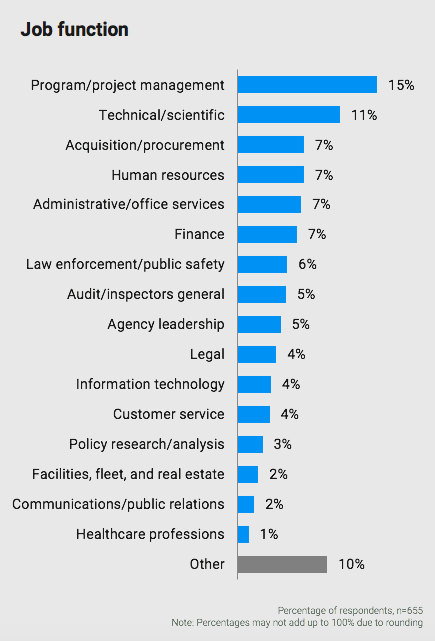
Respondents were asked to choose which single response best describes their primary job function.
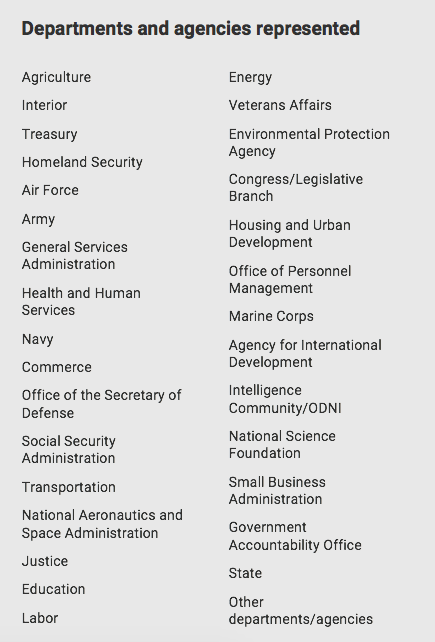
Departments and agencies are listed in order of frequency.
